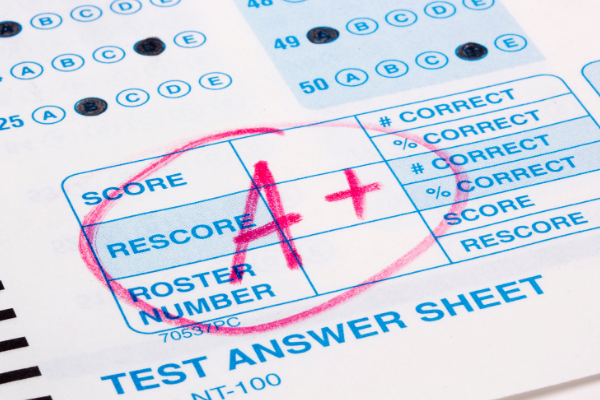Every U.S. president brings to the table a different set of ideas and priorities. What might the inauguration of Joseph Biden mean for the country in terms of issues such as financial aid for students and other pressing educational matters? Only time will tell, but here are five things to keep an eye on during the Biden administration:
- New voices will be in the mix.
Biden recently named Miguel A. Cardona as his choice for Secretary of Education. His career includes time as an elementary school teacher, principal, assistant superintendent, and adjunct collegiate professor.
As someone of Puerto Rican descent who grew up in public housing and attended U.S. public schools, Cardona comes to the role with a very different background than predecessor Betsy DeVos. Look for a particular interest in assisting students for whom English is a second language. Cardona himself entered school as a non-native speaker, and decades later he wrote his doctoral dissertation on the lack of support for English language learners.
Also likely to advise the president on matters related to education is Biden's own wife. Jill Biden holds a doctorate in education from the University of Delaware and has experience teaching at both the high school and collegiate levels.
- Leaders will examine student debt forgiveness.
While probably not willing to go as far as fellow Democrat Bernie Sanders and others who wish to eliminate all student debt, the issue still seems destined for discussion during the Biden administration. First up, though, will be looking at ways to help "economically distressed" borrowers during the ongoing COVID-19 pandemic.
- Community college could become free.
Biden has stated his desire to enact legislation to "ensure that every hard-working individual, including those attending school part-time and DREAMers (young adults who came to the U.S. as children) can go to community college for up to two years without having to pay tuition." This initiative would cover not just recent high school grads but also adults "who never had the chance to pursue additional education beyond high school or who need to learn new skills."
- Some post-secondary students may receive significant financial help.
For years, numerous Democrats have supported making public colleges and universities tuition-free for all families with incomes below $125,000. Estimates show that this action would help roughly 8 out of every 10 families. With a Democratic president and the party controlling both branches of Congress, this idea may turn into a reality.
The new administration also has expressed desire to double the maximum value of Pell grants and have them automatically keep up with inflation. This increase will help the low-income recipients of this type of financial aid cover a much greater portion of their four-year degree program.
- There may be better career opprotunities in the educational sector
Lastly, good news could be on the horizon for people considering school-based occupations. During his campaign, Biden supported actions such as:
- Ensuring teachers receive competitive salaries and benefits
- Compensating teachers for additional work they take on, such as mentoring new faculy
- Helping teachers and other educators pay off their student loans
- Doubling the number of psychologists, counselors, nurses, social workers, and other health professionals in public schools












